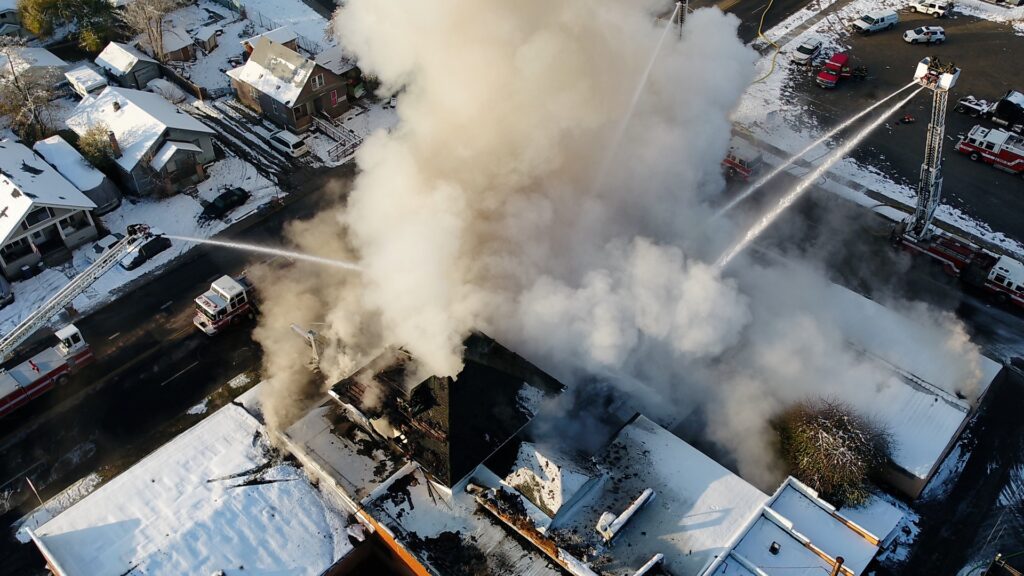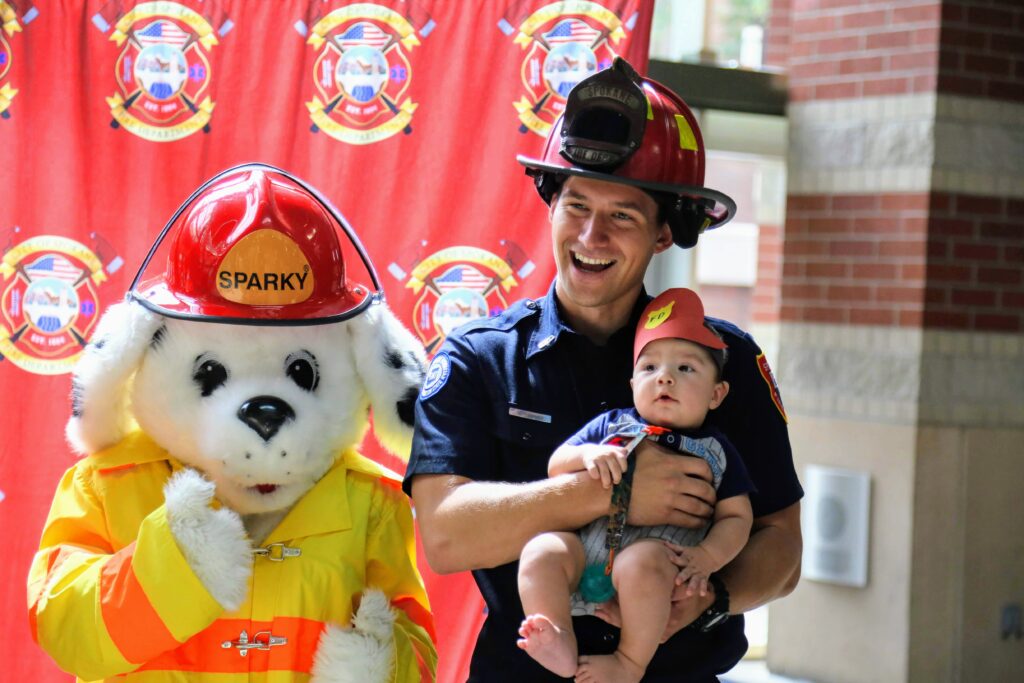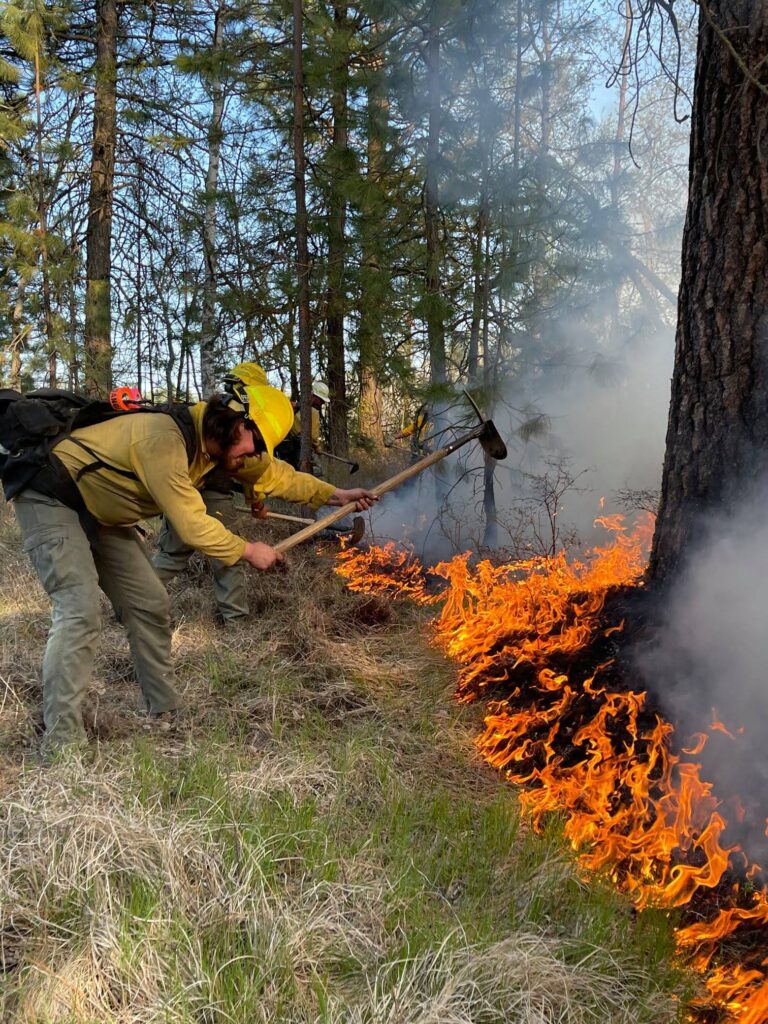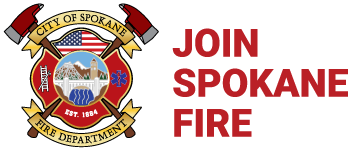How to Prepare
Set yourself up for success. Prepare for the Academy.
The 16-week Fire Operations portion of the Academy is physically demanding, requiring candidates to be in top physical condition. On Day 1, candidates must complete a 1.5-mile run in 12 minutes, 35 sit-ups in 2 minutes, and 25 push-ups in 2 minutes. During the Academy, candidates follow a 4-day, 10-hour schedule, with many describing it as “the toughest thing I’ve ever done.”
The Spokane Fire Department (SFD) operates as a paramilitary organization. Candidates are expected to follow orders and conduct themselves with the same discipline and respect for authority as in a U.S. military boot camp.
If you’re wondering how to prepare for the firefighter academy, there are a few proven paths that can help you build the skills and experience you’ll need to succeed.
Fire Science
Some applicants choose to earn a degree in Fire Science before applying for a full-time firefighter position. While a degree in Fire Science is not a requirement to apply for the position, it can help prepare you for the Academy by teaching foundational skills needed for entry-level firefighting.
Due to the complexity of the hiring process with the City of Spokane, a fire science degree does not guarantee employment. However, it can provide an advantage during academy training once you are hired.


Volunteer
Volunteering as a firefighter is a great way to gain hands-on experience and develop essential firefighting skills. While not required for a full-time position, it can provide valuable training in emergency response, teamwork, and fire suppression.
Volunteer experience also demonstrates commitment to the fire service and can strengthen your application. Many career firefighters start as volunteers, using it as a stepping stone to a full-time role. Please note: the City of Spokane Fire Department does not offer any volunteer opportunities.
Seasonal Wildland Firefighting
Many full-time firefighters start in wildland firefighting. Agencies such as the US Forest Service, Washington State Department of Natural Resources, Bureau of Land Management, and even private contractors have seasonal opportunities. These opportunities are a great way to gain hands-on experience in fire suppression, teamwork, and emergency response.
While different from structural firefighting, wildland firefighting builds an understanding of fire behavior, physical endurance, and decision-making skills.

Ready to Take the Next Step?
Preparing early is one of the best ways to succeed at the Academy. Whether you’re gaining experience, building physical endurance, or exploring fire science, each step you take now makes a difference.
For more guidance on how to prepare for the firefighter academy, be sure to review the hiring process and visit the minimum qualifications pages.
